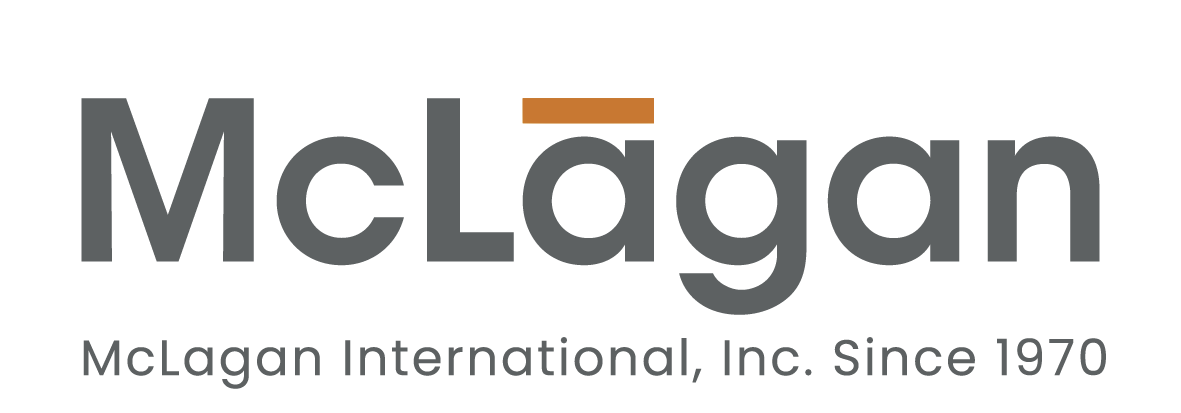NUGGET: Change, by definition, is something new and culturally unsupported. In its initial stages it is only fueled by one or a few people’s vision or desire for something different. This is true even when the change has institutional backing. It takes courage and commitment to get any change going. When that’s your job, be prepared to launch into headwinds!
It’s difficult and often lonely to be somebody who is spearheading changes in organization processes, systems, and more.
If you resonate with this statement, then you are, like me, a change agent – a business or government leader, an academic or professional who develops people, a person who is passionate about creating a better institution and society. You want to influence what is happening around you – to consciously affect the future rather than abdicate to the status quo or accept change as an inevitable and evolving process that will occur with or without you. As a change agent, you are impatient with the natural pace and direction of some of the events and changes around you. You foresee problems if your organization stays on current paths, and you want to support and guide the success of individuals, groups and even society. I understand these intentions and the profound difficulty of being a change agent at any stage of the change process – and especially at the beginning when you may be the only one advocating something new.
My goal in this article is to recognize and acknowledge the difficulty of change work – and to say, “keep on going!”
As change leaders, with or without formal authority, we embark on journeys of deliberate change. We set development and life goals for ourselves. We strategize to make our organizations more agile, cost-effective, innovative, relevant, vibrant. We envision, develop plans for, and mobilize resources in order to create the future that we and others desire. Our passion for change sometimes deceives us into believing that we can be in control. But when we discover that we are dealing with often chaotic and complex forces in ourselves (emotions, shadows) and around us in our institutions or in the world at large (politics, values differences, culture clashes, power grabs), we are tempted to give up or to slip into an existential crisis. We are sometimes demoralized and feel defeated.
As a change agent, I have experienced all of these intentions and reactions – and have worked with and watched change leaders inside organizations as they struggle with the challenges of orchestrating deliberate change. I’ve witnessed great courage, walked with and observed clients as they push and pull, retreat, recalibrate, pour increasing amounts of money and energy into their causes, make mistakes, learn, and even give up. The military describe the situations we often find ourselves in as the “fog of war,” the fray that strategists conceptualize but where people in the trenches must ultimately improvise – hopefully with the mission in mind. I have experienced this fog while in the midst of many change programs. So, probably, have you.
Then, there is the time factor. Inevitably, even the small changes –personal habits, simple behavior changes, adoption of new tools and processes – take longer than we expected. Our changes run into problems from all sides, or they simply don’t have enough oomph to compete with the status quo. What we thought could occur according to an initial plan takes twice as long, is far more expensive, and somehow doesn’t meet other expectations.
Should we continue to fight an uphill battle in the fog of change, or just accept that deliberate change is antithetical to the way the world works – thus its +/-70% failure rate?
I think we are meant to be powerful players in our own evolution and that of our institutions and society. I believe that our consciousness and intelligence has emerged so that we can play that role. However, I think our mental models and expectations related to deliberate change are often insufficient and sometimes flawed.
Most big changes are messy and take time to unfold. Their path is not linear even though there are patterns we can work with if we are able to recognize them. Also, it is often impossible to know which action or cluster of actions create tipping points, what failed experiments are actually critical for learning, or which changes are due to deliberate interventions and which would have occurred (or occurred faster) without us. The shift to a more inclusive society, the transition from authoritarian to more participative ways, the creation of really global or digitally enabled organizations, the development of self-aware leaders, the elimination of deeply entrenched destructive behavior patterns – changes like these are not one-night or even one-year programs. And for complex changes, the paths we launch at the outset are almost never the ones we ultimately walk.
Leaders of complex organizational and social changes are often compared to medieval cathedral builders. The story goes: successive generations of builders devoted their lives to advancing a vision of the cathedral and its ultimate spiritual function even though they would never see the completed building. The analogy doesn’t work for me, though, because it assumes there is a fixed end state – a definable pot at the end of the rainbow. In my experience few successful transformational changes actually end up where we initially planned.
It is true that some of the transformational change goals that we are working toward today won’t be fully realized in our lifetime. But is that what’s important? Is it possible that we sometimes engage in deliberate change work NOT to achieve an initial goal, but rather to be an intelligent force influencing a larger process that is unfolding toward end points that we can’t imagine. Think Martin Luther King’s ‘the arc of the moral universe is long, but it bends toward justice.”
But what about goals and visions? Plans? Optimism in the face of complexity? If change is inevitable and if many of the investments we make in changes take us to other destinations than those we had in mind, should we bother? Change agents are inevitably bruised and bloodied in the battles, with failure more frequent than success. Still, we are designed to trudge forward and on high alert, face into resistance, admit to failures, stay committed during long desert walks, and be sure that others take ownership and get credit and recognition so that their energy can carry things past the tipping point. Sometimes in the process, the change agent leaves, is rejected, self-immolates, loses steam before anyone sets foot in a “promised land.”
For some of us the challenges of change only increase our commitment to our role. We keep taking on change roles in spite of the loneliness and uncertainty that sometimes surrounds every complex change. While it may not always be possible to attribute changes to the work we do, I’m convinced that this role we play is a vital one for the future of our institutions, societies and the planet itself. But we must continue to learn how to better perform this sometimes thankless role and support ourselves psychically given the complexity of change dynamics around us.
Why commit to such an often difficult role? Because the future calls on us to bring its possibilities to life rather than to accept that the past is in charge and limits us.
NUGGET: Change, by definition, is something new and culturally unsupported. In its initial stages it is only fueled by one or a few people’s vision or desire for something different. This is true even when the change has institutional backing. It takes courage and commitment to get any change going. When that’s your job, be prepared to launch into headwinds!
________________


0 comments on The Lonely, Often Murky World of the Change Agent